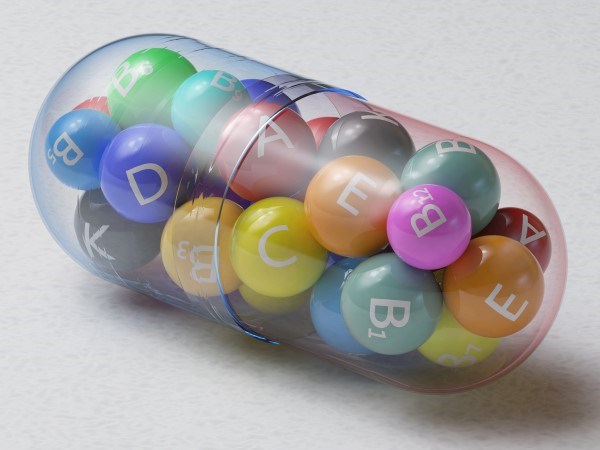Article
Fujii T, Luethi N, Young P, et al. Effect of Vitamin C, Hydrocortisone, and Thiamine vs Hydrocortisone Alone on Time Alive and Free of Vasopressor Support Among Patients With Septic Shock. JAMA. 2020;323(5):423-431.
OBJECTIVE
To determine whether the combination of vitamin C, hydrocortisone, and thiamine, compared with hydrocortisone alone, improves the duration of time alive and free of vasopressor administration in patients with septic shock.
BACKGROUND
In 2016 Marik et. al. published a retrospective before-after clinical study in Chest demonstrating impressive benefits of combination-therapy hydrocortisone, thiamine, and Vitamin C in septic patients. The “Marik Protocol” includes IV Vitamin C 1.5 g every 6 hours, IV hydrocortisone 50 mg every 6 hours, and IV thiamine 200 mg every 12 hours. There have been various trials that show benefit for each of these interventions individually, but this was the first looking at all 3 in combination. Marik and his co-authors successfully demonstrated proof-of-concept of a cheap, readily available, and likely safe intervention they hoped would redefine sepsis care. The VITAMINS trial is the first randomized controlled trial to evaluate the effects of this combination therapy on septic patients.
DESIGN
Prospective, multi-center, open-label, parallel-group randomized controlled trial conducted in 10 ICUs in Australia, New Zealand, and Brazil.
POPULATION
Patients admitted to an ICU with the primary diagnosis of septic shock. All diagnostic criteria bases on the Sepsis-3 consensus had to be fulfilled within a maximum of 24 hours prior to enrollment. 786 patients were screened and ultimately 216 patients were randomized.
- Documented infection with an acute increase of at least 2 points in the Sequential Organ Failure Assessment (SOFA) score
- Lactate level greater than 2 mmol/L
- Vasopressor dependence for at least 2 hours at the time of enrollment
Exclusion criteria included age younger than 18 years, a do-not-resuscitate order, imminent death, diagnosis of septic shock longer than 24 hours ago, known or suspected disease with a strong indication or contraindication for any of the study drugs, and another indication for hydrocortisone than septic shock.
OUTCOMES
Primary
-
Time alive and free of vasopressors at day 7 (168 hrs) after randomization
Secondary
- 28-day, 90-day, ICU, and hospital mortality
- 28-day cumulative vasopressor-free days
- 28-day cumulative mechanical ventilation-free days
- 28-day renal replacement therapy-free days
- Change in SOFA score17 at day 3
- 28-day ICU-free days
- Hospital length of stay
KEY RESULTS
- No significant difference was found in the primary outcome of time alive and free of vasopressors up to day 7.
- No significant difference was found in the all-cause mortality at 28 days and 90 days after randomization between the intervention and control groups.
- There was a significant difference favoring the intervention group in the secondary outcome of change in SOFA score at day 3, though adjustments for multiple comparisons were not made.
- No serious adverse events were reported in either group.
EM TAKE-AWAYS
Sepsis continues to be a highly fatal condition, and EM remains at the forefront of this fight. There continues to be a large amount of research focusing on ways to benefit these patients. Marik’s initial article in 2016 showed promise for the use of hydrocortisone, thiamine, and vitamin C as a potential option to greatly improve mortality in sepsis. However, this study was small and retrospective. The VITAMINS trial was the first randomized controlled trial looking at this combination. Though no harm was seen, neither was any significant benefit.
This trial did have multiple limitations, most glaringly the unblinded nature of the study. Other randomized controlled trials, particularly the VICTAS trial, are in the works and we are awaiting these results. However, with the first randomized controlled trial showing no benefit, the combination of hydrocortisone, thiamine, and vitamin C certainly should not be considered a standard of care in sepsis therapy.




